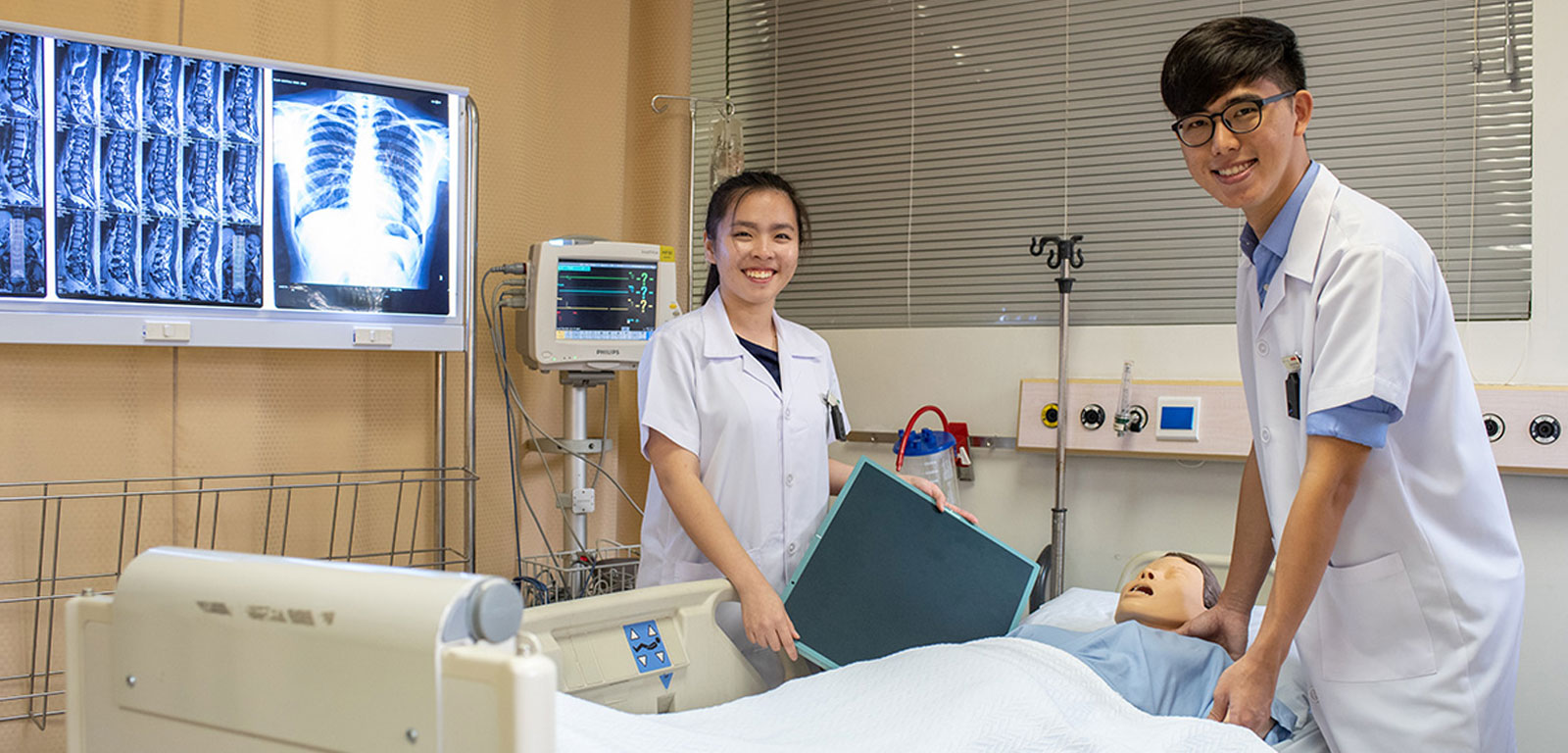

Senior secondary school qualification
Admission to our undergraduate degree programs usually requires successful completion of a senior secondary school qualification similar to the Higher School Certificate (HSC), the highest educational award in New South Wales schools.
Post-secondary study
Further education like diplomas and university study can also be assessed for admission.
IELTS overall minimum - 7.0
IELTS section minimum - 7.0
Use advanced imaging technology to improve lives.
At the University of Newcastle, we prepare diagnostic radiography students for a dynamic career using advanced imaging technology. Develop essential clinical reasoning and patient management skills and learn how create medical images to diagnose and manage patient health, combining sophisticated technology and medical expertise to save and improve lives.
What is diagnostic radiography?
Diagnostic Radiographers produce images of the structure and function of the body to assist medical diagnosis and medical decision making. A range of advanced imaging technologies are used such as plain x-rays, computed tomography (CT), fluoroscopy, magnetic resonance imaging (MRI), ultrasound, angiography and mammography, in settings such as private and public imaging departments, accident and emergency, wards and operating theatres.
Diagnostic radiography plays an important role in medicine and health care and contributes significantly to improving health outcomes for the population.
More Info: click here
Students who study the University of Newcastle's Bachelor of Medical Radiation Science (Honours) (Diagnostic Radiography) will develop a strong foundation in physical, biomedical and behavioural sciences. You will:
Build essential clinical reasoning and patient management skills using our latest radiography technologies and facilities, including 2D, 3D and 4D imaging technology.
Gain professional diagnostic radiography skills through case-based training, integrating learning into real situations and interactive team work activities.
Develop critical research skills that will set you in good stead for life-long learning in the field of diagnostic radiography.
You will be able to enrol in a range of courses including:
anatomy and physiology
clinical education
instrumentation
physics
radiation protection
research
All University of Newcastle medical radiation science students graduate with Honours, giving you a distinct advantage when seeking employment. As part of the Honours component you can choose from two study pathways.

Our diagnostic radiography graduates are very employable and highly regarded. 88% of our graduates find work before, or soon after, finishing their studies (2019 Graduate Outcomes Survey).
University of Newcastle diagnostic radiography graduates are qualified to register and work as diagnostic radiographers, working closely with patients and other health professionals to diagnose and manage illnesses and injuries using medical images. You may find yourself working in settings such as accident and emergency wards and operating theatres. Diagnostic radiographers play an important role in medicine and health care, and contribute significantly to improving community health.
Some typical roles include:
Diagnostic Radiographer
Cardiac Technologist
Chief Radiographer
Sonographer
Echocardiography Technologist
Medical Technician

OSHC: 629 ($) AUD per year